Humans
-
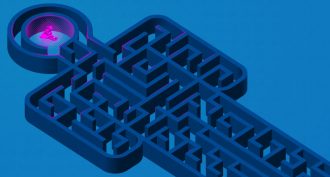 Health & Medicine
Health & MedicineGender: When the body and brain disagree
Researchers are working to untangle the highly complex relationship between our biology and our identity. In some individuals, a conflict can emerge, leading to a transgender identity.
-
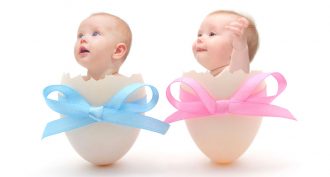 Brain
BrainExplainer: Sometimes the body mixes up male and female
Certain medical conditions demonstrate how complicated biology can be. Being genetically male and female will not guarantee that your body won’t sometimes contain one or more features of both.
-
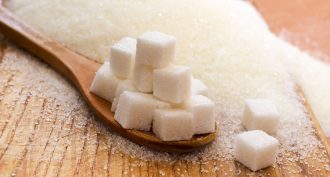 Health & Medicine
Health & MedicineSugar makes mice sleepy
Sugar may amp up sleep-promoting cells in the brain, a new study in mice finds.
-
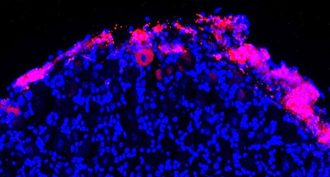 Health & Medicine
Health & MedicinePain relief could come from a ‘drugstore’ for cells
Mice with nerve damage can be treated for pain with an injection of cells from bone marrow. Scientists have now figured out why this works.
-
 Brain
BrainTo protect kids, get the lead out!
Lead poisons hundreds of thousands of children. In Chicago, experts show how the toxic metal hurts test performance in school.
-
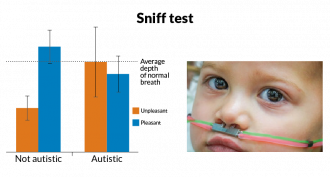 Brain
BrainSmell test may detect autism
A new study finds that kids with autism sniff foul scents for as long as pleasing ones. The finding could lead to a test to diagnose the disorder.
By Meghan Rosen -
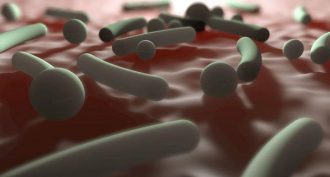 Health & Medicine
Health & MedicineHow this vitamin can foster pimples
Oh no! Vitamin B12 can cause skin bacteria to secrete chemicals that cause zits.
-
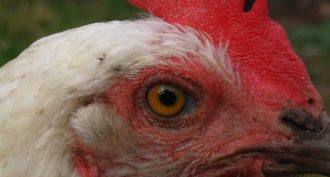 Health & Medicine
Health & MedicineScientists Say: Zoonosis
Sometimes diseases in people come from animals. These diseases have a special name.
-
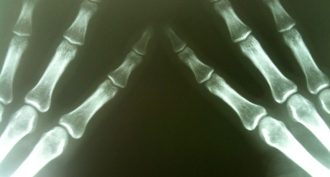 Health & Medicine
Health & MedicineScientists Say: Carcinogen
We have all heard that some things — such as ultraviolent rays from the sun or dangerous chemicals — can cause cancer. These agents have a special name.
-
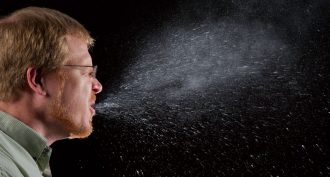 Health & Medicine
Health & MedicineNew ways to fight the flu
Influenza sickens millions each year. A worldwide epidemic could kill many of them. Fortunately, new ways to fight the flu offer hope — before it’s too late.
-
 Chemistry
ChemistryNews Brief: Common campfire style is still the best
Humans tend to build fires in the same way, in a pyramid as tall as it is wide. New calculations show this shape burns hottest.
By Beth Mole -
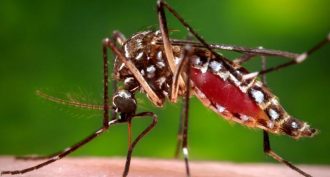 Health & Medicine
Health & MedicineA germ stopper for blood products
A new system can disable almost all viruses or bacteria that are lurking in donated blood platelets and plasma.
By Tara Haelle